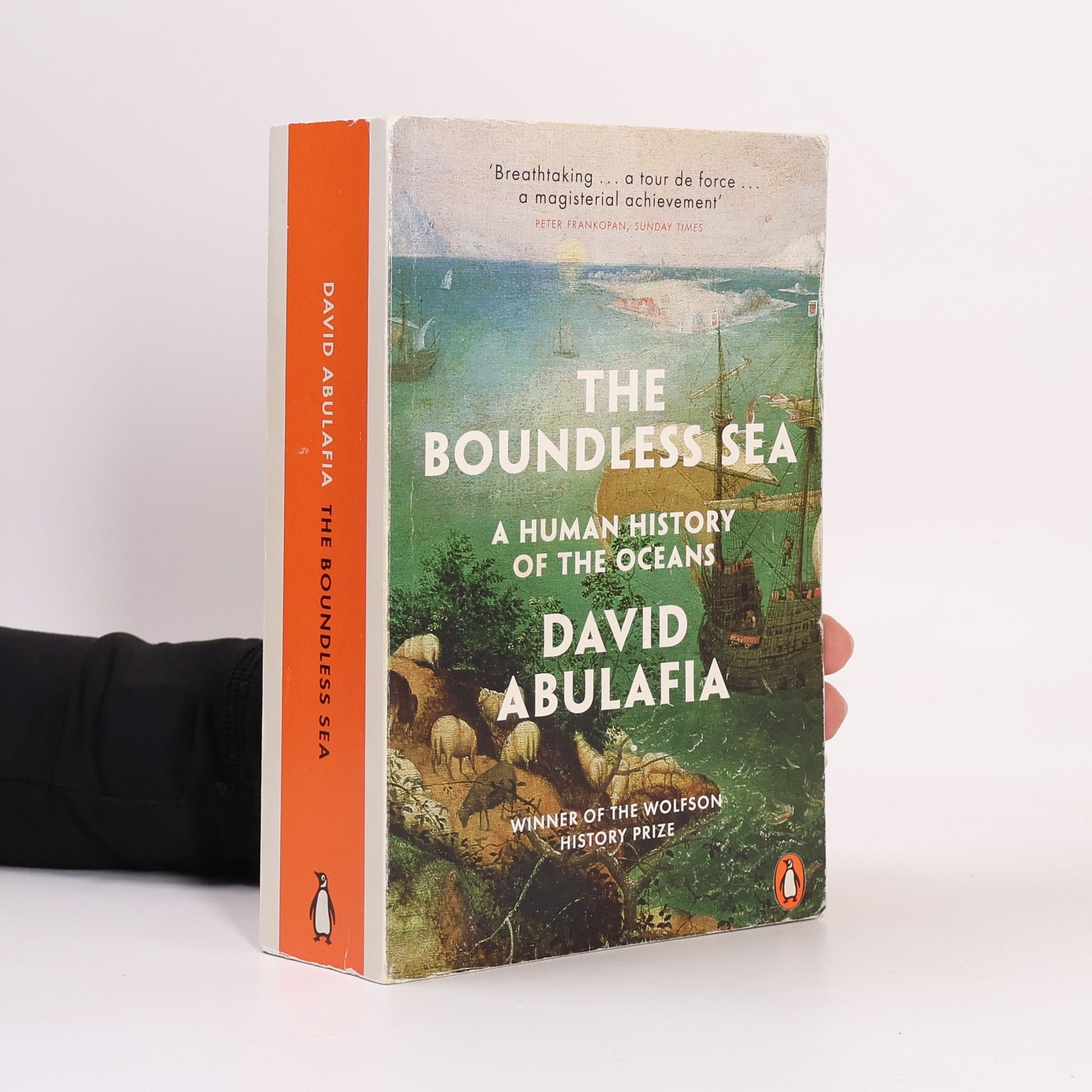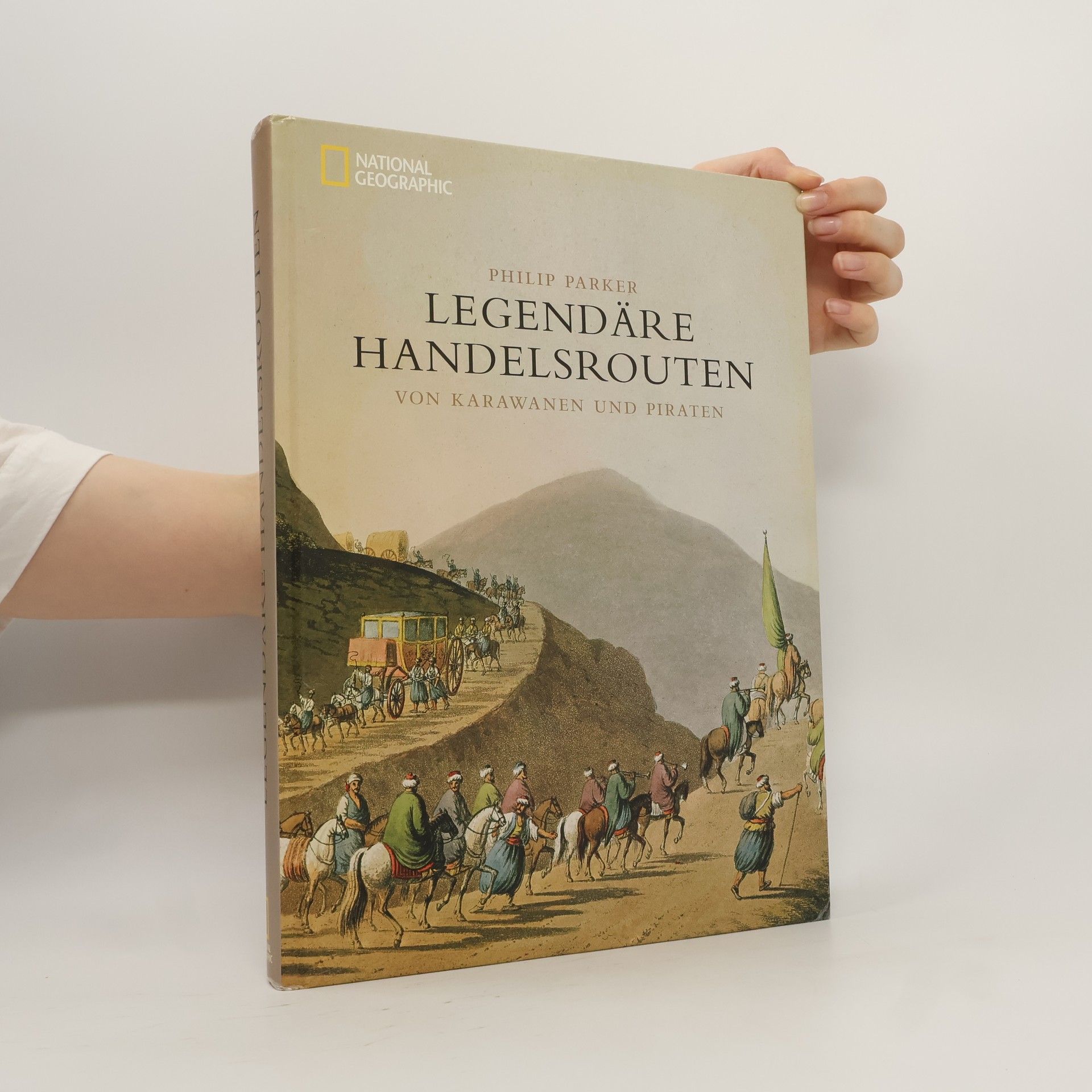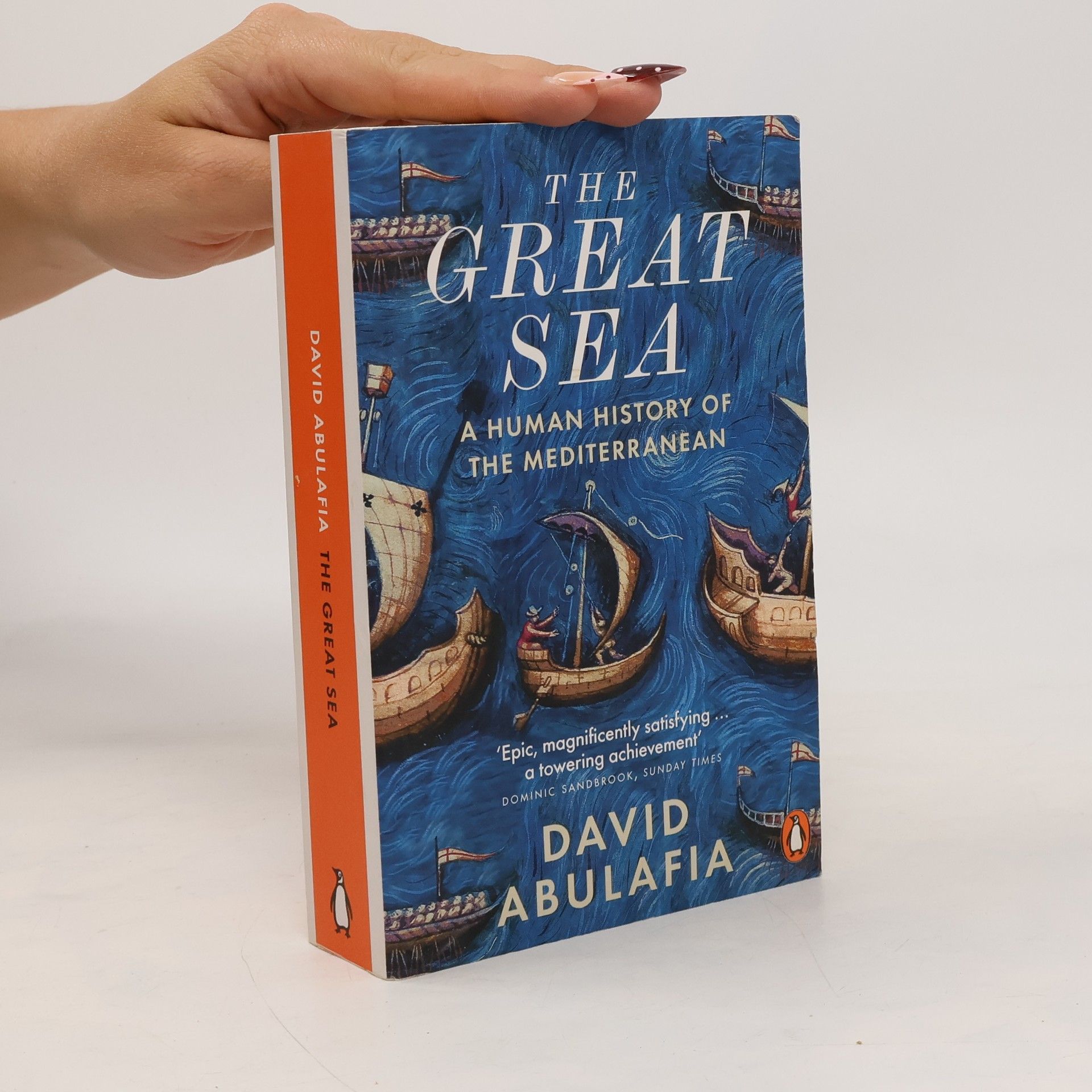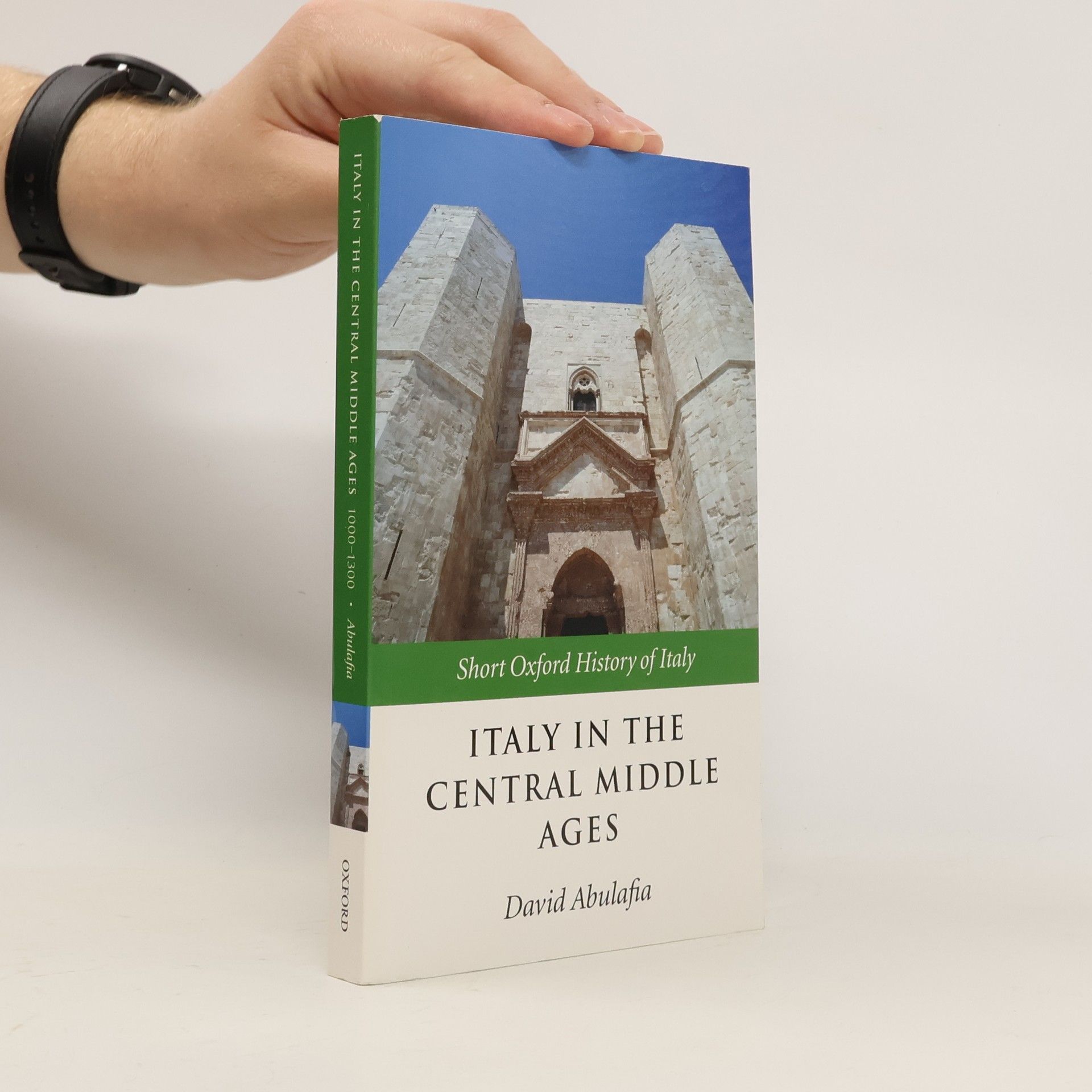Das Mittelmeer
Eine Biographie
Die Geschichte des Mittelmeeres ist seit über 3000 Jahren ein zentrales Element unserer Zivilisation. An seiner geografischen Achse fanden bereits zur Zeit Trojas bedeutende politische und kulturelle Entwicklungen statt. Von hier aus wurden Reiche erobert, Grenzen verschoben und Weltanschauungen durchgesetzt, begleitet von Schrecken, Kriegen und Tragödien. Doch es gibt auch die andere, positive Seite: die Geschichte eines Dialogs zwischen verschiedenen Kulturen, Identitäten, Politiken, Wissenschaften, Handel und Religionen entlang der Küsten, die die Römer als Mare Nostrum bezeichneten. Abulafia spannt einen Bogen durch Raum und Zeit und zeigt, wie das Mittelmeer zu einem kraftvollen Ort wurde, an dem die Menschheitsgeschichte auf einzigartige Weise reflektiert wird. Dieses Werk ist nicht nur lehrreich, sondern auch packend und faszinierend, und es beeindruckt durch seine Gelehrtheit und Begeisterung. Kritiker heben hervor, dass es ein Meilenstein in der Geschichtsschreibung ist und für lange Zeit konkurrenzlos bleiben wird. Die Vielfalt von Abulafias Wissen ist bemerkenswert, und sein episches, gut lesbares Werk über die Wiege des Westens wird als herausragend angesehen.








